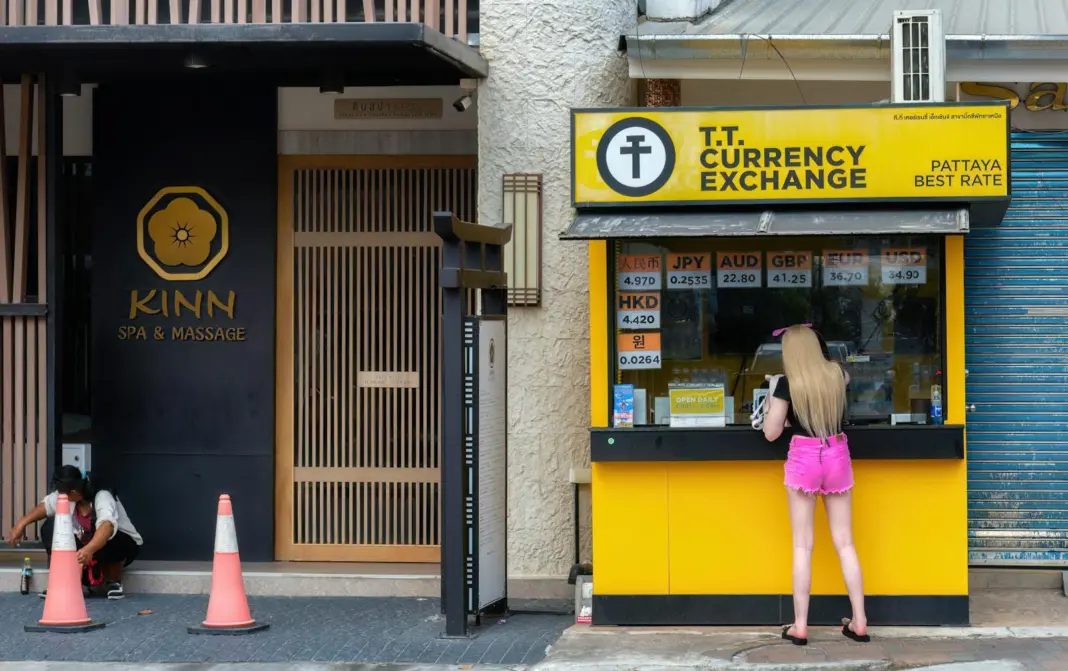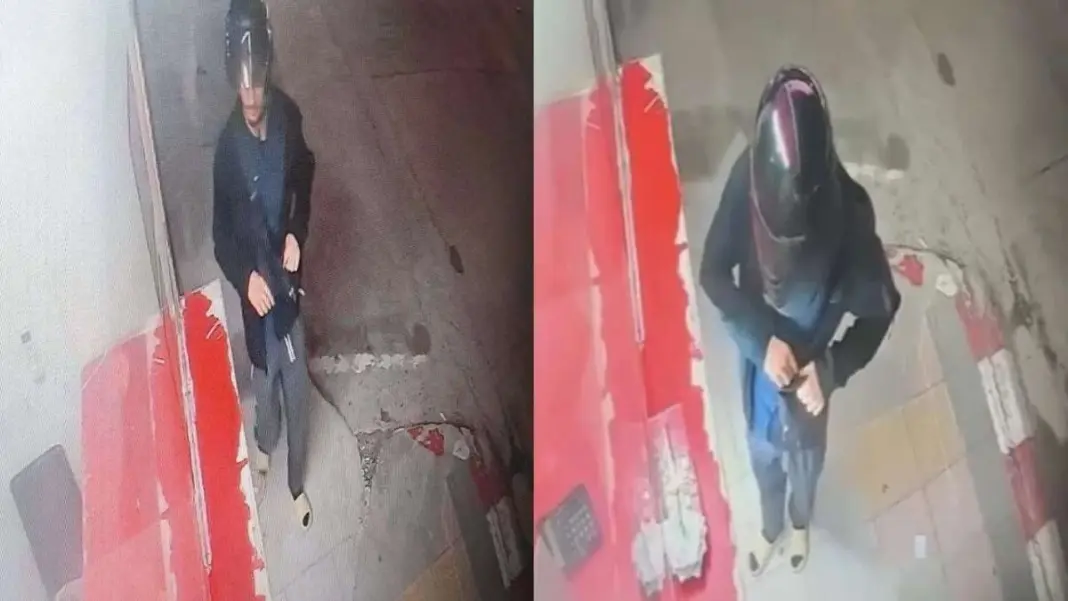Pattaya’s New Wave: Asian Tourists Bring Fresh Energy to the City
Pattaya’s tourism scene is shifting as Indian, Chinese, and Russian visitors flock to the city, seemingly untouched by the baht’s strength. While Western tourists worry about exchange rates, these new arrivals are busy enjoying all the city has to offer.
Asian Tourists Unbothered by Baht Fluctuations
Tour operators and hotel managers in Pattaya confirm the trend: Asian tourists are now the driving force behind the city’s tourism boom. Indian wedding parties, Russian families, and Chinese groups fill the streets, bringing a lively new atmosphere.
For these travelers, Thailand remains a bargain. Even with the baht trading in the mid-30s to the US dollar or stronger against the euro, hotel rooms, massages, and seafood dinners are still far cheaper than in Mumbai, Beijing, or Moscow.
“They don’t complain about price hikes,” says a local hotel manager. “For them, Pattaya is still a place where luxury, sunshine, and service come together at unbeatable value.”
Different Attitudes Toward Money
A tourism insider sums up the contrast: “European guests calculate every cent. Asian visitors think in experiences.” While Western long-stay tourists tighten their belts as costs rise, Indian, Chinese, and Russian holidaymakers focus on feeling pampered.
Their priority isn’t the exchange rate, but the overall experience—a short, intense holiday with all the trimmings. The price of a beachside cola is the last thing on their minds.
Group Packages Shield Against Currency Swings
Many Indian and Chinese tourists book all-inclusive packages through agencies, locking in hotel, transfer, and meal prices months in advance. This protects them from sudden currency changes.
Even if the baht strengthens, their costs stay the same. For Pattaya’s tourism industry, these groups offer stability and predictability.
Ruble, Yuan, and Rupee: Smart Spending Strategies
Russian travelers increasingly use agencies that bill in rubles, making trips predictable and shielding them from currency swings. Chinese and Indian tour operators also offer fixed prices in home currencies.
This gives guests full control over their holiday budget before departure—an advantage Western individual travelers can only envy.
Short Stays, Big Spending
Asian tourists typically stay just a few days in Pattaya but spend freely on shopping, nightlife, and beach activities. They focus on enjoyment, not penny-pinching.
In contrast, Western residents and long-stay visitors feel every currency shift in their daily expenses. But for those on a four- or five-day trip, exchange rates barely register.
Pattaya’s Changing Face
The transformation is unmistakable. Russian, Hindi, and Mandarin now echo through shopping malls like Terminal 21 and Central Pattaya. Beachfront hotels report record occupancy from Asian groups.
Pattaya is adapting—offering more group packages, diverse languages, and Asian cuisine. The market has shifted, and so has the city’s identity.
The West Watches as the East Arrives
While European tourists compare prices, Asian visitors book with confidence. For them, Thailand still means high quality at fair prices, so the baht debate barely touches them.
Pattaya’s evolution is about more than currency—it’s a generational shift. The future belongs to Asian guests, who know exactly why Thailand’s beaches are worth the trip.




